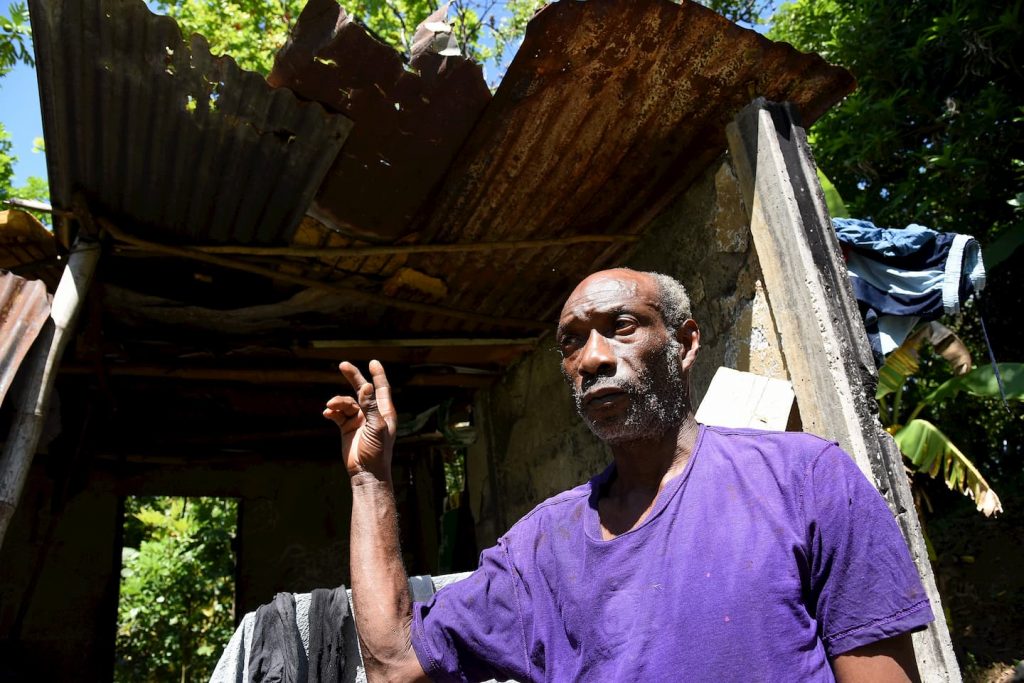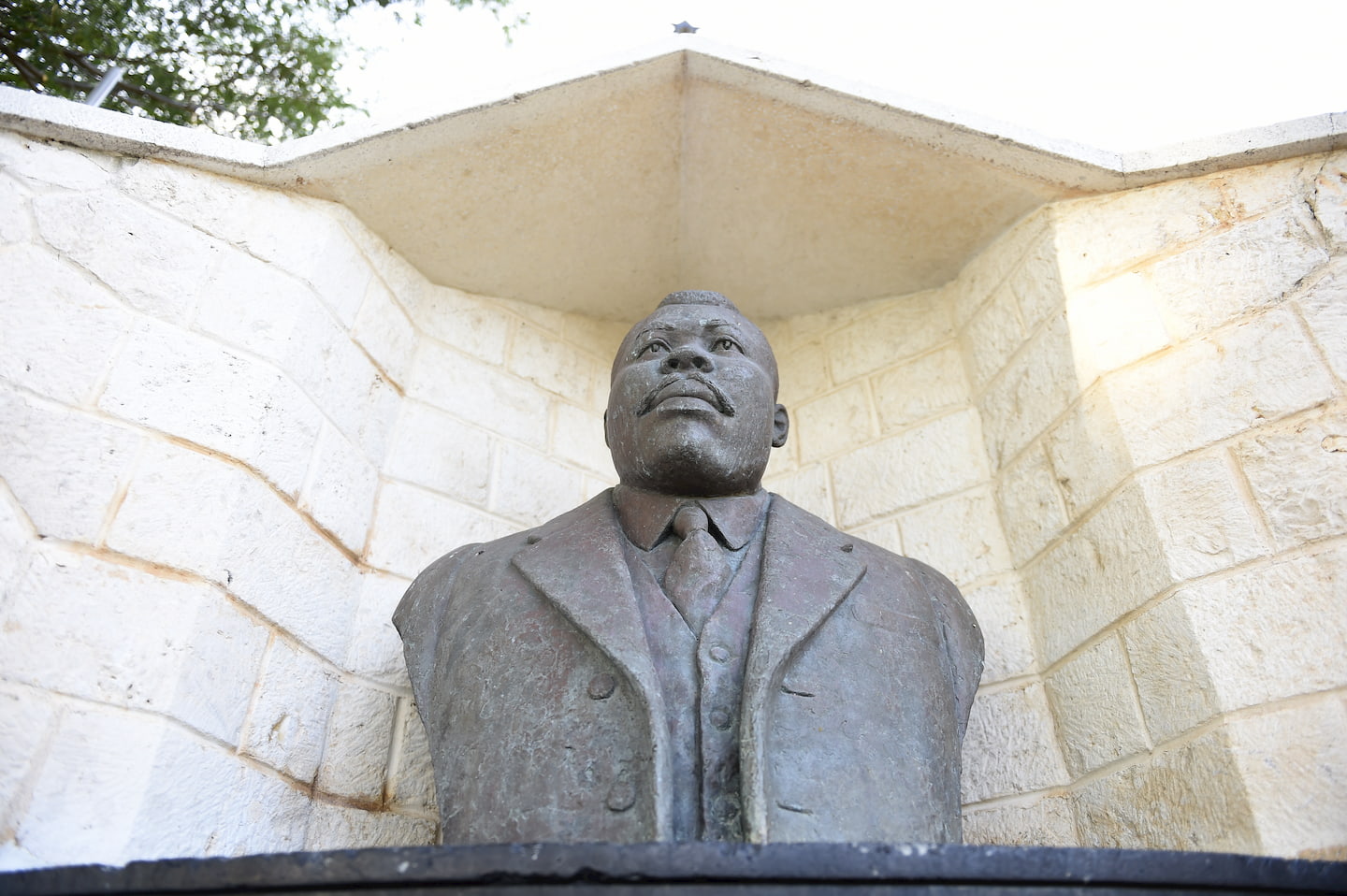As we join in sincere congratulations to all who received National Honours recently, it is appropriate to ask ourselves how well the ideals for which our seven named heroes struggled are being reflected in these times. Their lives, after all, are presented to us as models to be emulated; their spirits are to be contagious in every generation.
Would the formidable Nanny find any common cause with the fitful and futile cause of a few present-day Maroons to gain all the benefits but avoid most of the responsibilities of Jamaican citizenship? Would she not rail at the sellout of runaway slaves to which later Maroon leaders were complicit? Would she discern in the activism of today’s feminists the unyielding, selfless yearning for liberty that history and folklore ascribe to her?
Then what about the deeply spiritual and brilliantly tactical Sam Sharpe: Is his resolve to resist the quietism of religious faith and his raw and undiluted conviction about the worth of every human person evident among the often feckless, entitlement-shackled youth of this age for whom he swung on the gallows?
Here come Paul Bogle and George William Gordon, who laid bare the sham of Emancipation when there had been no positive change in the relationship of the enslaved to the land, so no jobs, more inequality, and cruel, insensitive governors. What disappointment must there be in their unmarked graves at the current fact of at least one-quarter of their heirs still living as squatters, with little or no hope of early relief, although the State and the banks are bursting with taxes and fees taken from them.

Perhaps, too, Mr Garvey would be seen frowning at the unrelieved squalor to the east and west of his shrine at National Heroes Park, even as we accord, largely rhetorically only, tribute to his philosophy of racial pride; teach a watered-down version of his uplifting thoughts to our children, even as many reach for the bleaching cream and spend as much on false hair as they do on baby formula.
Finally, we must intuit the presence of Busta and Norman rising up to respond to our Heroes Week memorial of them. Never in their sharp contestation was evident the level of disrespect and counterproductive conflict between their respective parties as now. Never could the debasement of working-class rights for which Sir Alexander bared his chest, but today apparent among contract workers, have been predicted.
And what honour do we accord Mr Manley when so many who are innocent are routinely detained without recourse to the courts, and when, 50 years after his challenge for the nation to achieve economic liberation, the indices of mass poverty are increasing?
Surely, our heroes will revel in the many positive changes that have been wrought because of their sacrifices. The task ahead is to revive their spirit of humanism and patriotism and to put these virtues into practice in our personal lives as in social, economic and political relations. It is such an odyssey that offers real purpose, both challenge and thrill, to this and every Heroes season.







